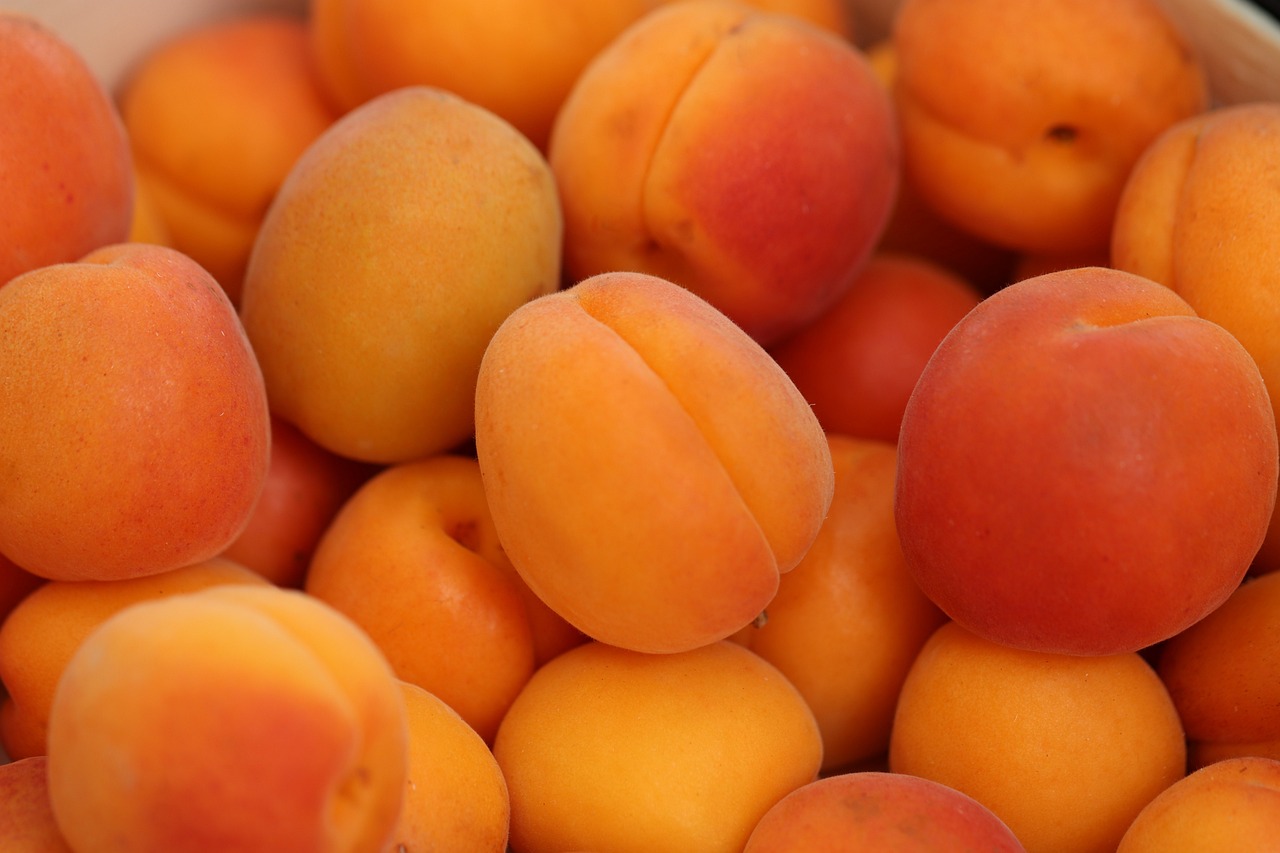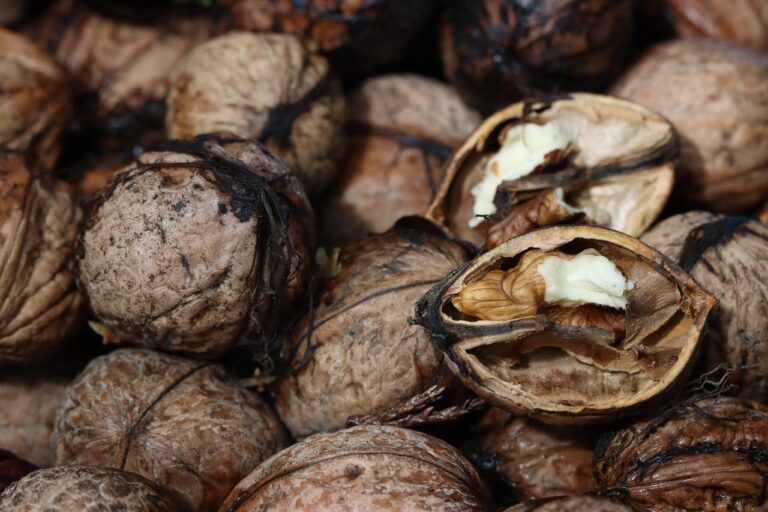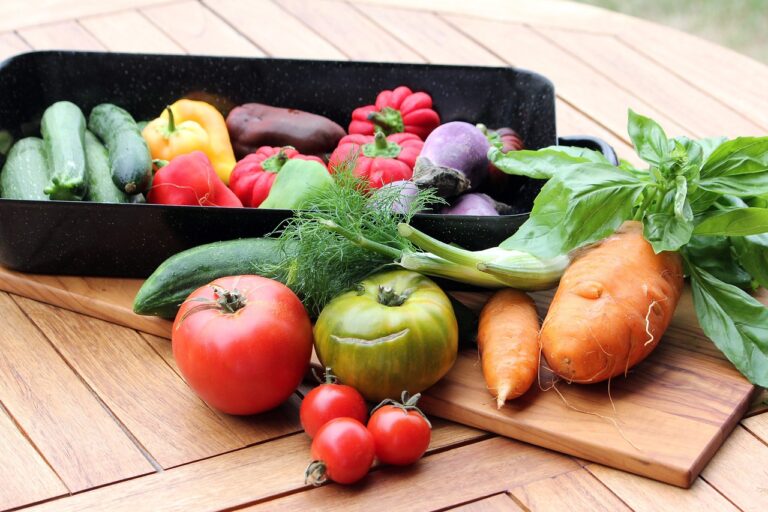The Rise of AI-Powered Food Production and Processing
In recent years, the integration of artificial intelligence (AI) in agriculture has significantly transformed the way farming is approached. With the power of AI, farmers are able to analyze vast amounts of data to make informed decisions about planting, harvesting, and pest control. This technology has offered farmers a more precise and efficient way of managing their crops and resources, ultimately leading to improved productivity and profitability in the agricultural sector.
Moreover, AI in agriculture is not only revolutionizing crop management but also streamlining farm operations as a whole. From automated machinery powered by AI to smart irrigation systems, farmers are now able to optimize their resources and minimize waste. The implementation of AI is reshaping traditional farming practices, paving the way for a more sustainable and technologically advanced agricultural industry.
Improving Crop Yields with AI
Artificial intelligence (AI) has transformed the landscape of agriculture, offering innovative solutions to improve crop yields. By harnessing the power of AI technology, farmers can make data-driven decisions that enhance productivity and efficiency. Through advanced algorithms and machine learning capabilities, AI can analyze vast amounts of data to provide valuable insights into crop management.
One significant way AI boosts crop yields is through precision agriculture. This approach allows farmers to tailor their practices to the specific needs of each plant, optimizing resources such as water, fertilizers, and pesticides. By using sensors and drones to collect real-time data on soil conditions, weather patterns, and plant health, AI can recommend precise actions to maximize crop yields while minimizing environmental impact.
How does AI help improve crop yields in agriculture?
AI helps improve crop yields in agriculture by analyzing data such as soil conditions, weather patterns, and crop health to optimize planting, irrigation, and pest control strategies.
Can AI predict crop yields accurately?
Yes, AI can predict crop yields accurately by using machine learning algorithms to analyze historical data and current conditions to make predictions about future yields.
How does AI help farmers make better decisions?
AI helps farmers make better decisions by providing real-time insights and recommendations based on data analysis, helping them optimize resources and maximize crop yields.
Are there any limitations to using AI in agriculture?
While AI can greatly enhance agricultural practices, there may be limitations such as the need for quality data inputs, access to technology, and potential challenges in interpreting AI-generated recommendations.
What are some examples of AI applications in agriculture?
Some examples of AI applications in agriculture include precision farming, crop monitoring, yield prediction, pest detection, and automated irrigation systems.
How can farmers implement AI technology on their farms?
Farmers can implement AI technology on their farms by investing in sensors, drones, and other data collection tools, as well as partnering with AI companies that provide software solutions tailored to agriculture.







